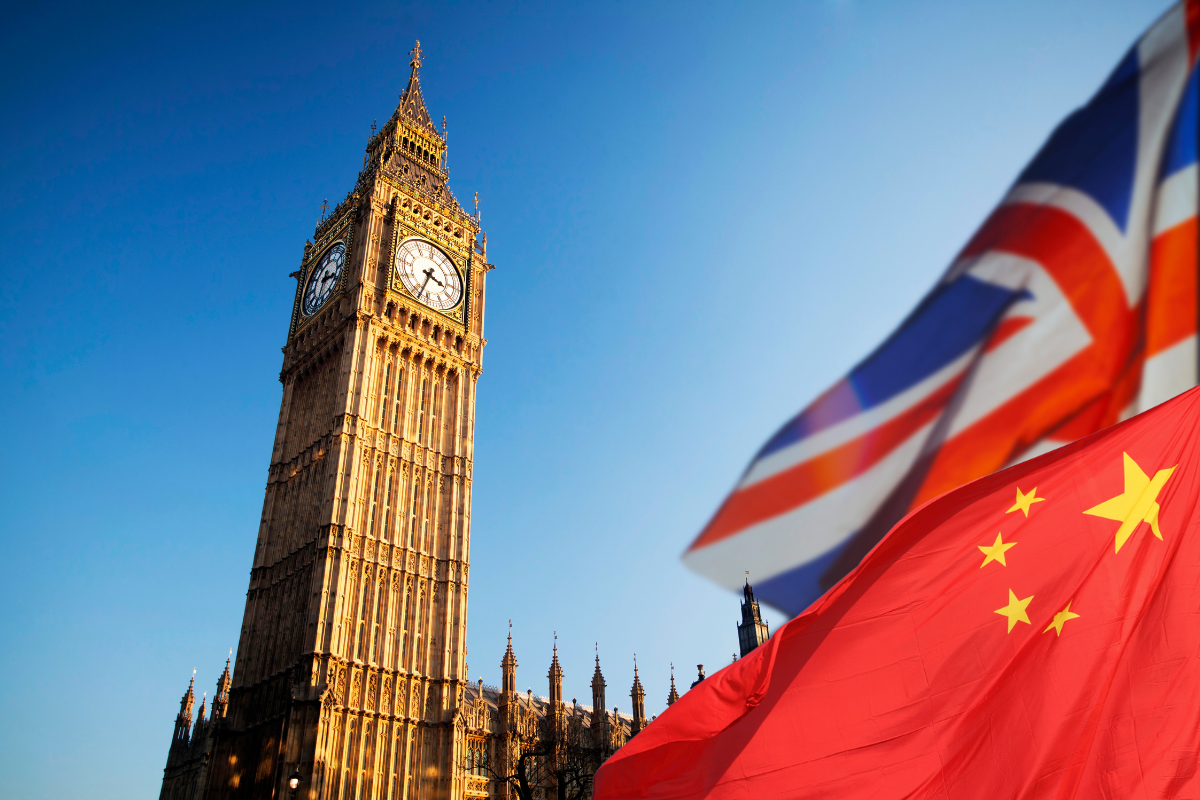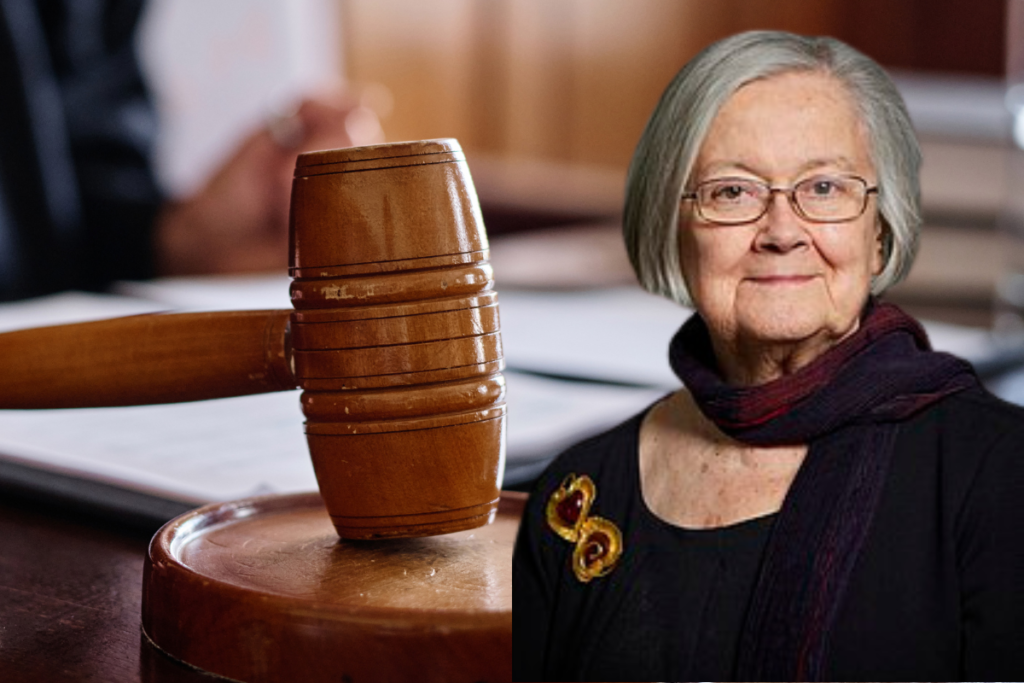In a move that has sparked significant debate, UK Chancellor of the Exchequer Rachel Reeves commenced her official visit to the People’s Republic of China on 10 January 2025. This trip, to revive economic ties, has drawn criticism. Human rights groups and MPs urge the UK to prioritize human rights in its dealings with Beijing.
The visit coincides with the 40th anniversary of the Sino-British Joint Declaration. It is a treaty that guarantees Hong Kong’s autonomy and freedoms until 2047. Recent actions by the Hong Kong government have raised concerns about freedoms.
These include issuing arrest warrants and bounties against UK-based activists under the National Security Law. On 24 December 2024, Hong Kong authorities announced arrest warrants with HK$1 million (£105,100) bounties for four activists in the UK. This intensified fears of transnational repression.
Human rights groups, including ARTICLE 19, CFHK, and Hong Kong Watch, are alarmed by the UK’s approach. In a joint letter, they urged Chancellor Reeves to address human rights violations in her talks with Chinese officials.
They stressed that economic engagement should not sacrifice democratic values. They highlighted Hong Kong’s significant decline in global expression rankings over the past decade, underscoring the urgency of the situation.
The UK’s stance towards China has been under scrutiny, especially following recent diplomatic interactions. In December 2024, UK Foreign Secretary David Lammy visited China. He aimed to reset relations despite tensions over human rights and espionage.
During his visit, Lammy emphasised the UK’s commitment to human rights. This is especially true in the case of British citizen and pro-democracy activist Jimmy Lai. He has been detained in Hong Kong since 2020 under the National Security Law.
The UK’s approach to China involves balancing economic interests with a commitment to human rights. The UK-China Economic and Financial Dialogue has resumed after a 2019 pause. This shows a desire to strengthen economic ties.
Critics argue that it should not overshadow the need to address human rights concerns. They warn that re-engagement without human rights benchmarks could be seen as legitimising Beijing’s actions. This might undermine the UK’s moral authority globally.
The situation in Hong Kong remains a focal point of these discussions. The implementation of the National Security Law in 2020 has led to a crackdown on dissent, with pro-democracy activists facing arrests and imprisonment.
The recent targeting of UK-based activists has further strained relations, prompting calls for the UK government to take a firmer stance in defending the rights of Hong Kongers.
As Chancellor Reeves continues her visit, the international community watches closely to see how the UK navigates this complex relationship. The challenge lies in engaging with China on economic matters while steadfastly advocating for human rights and the rule of law. These talks could impact UK-China relations and global human rights debates.
The world will watch to see if the UK can use its economic ties to promote the rule of law and human rights, given the situation in Hong Kong.



